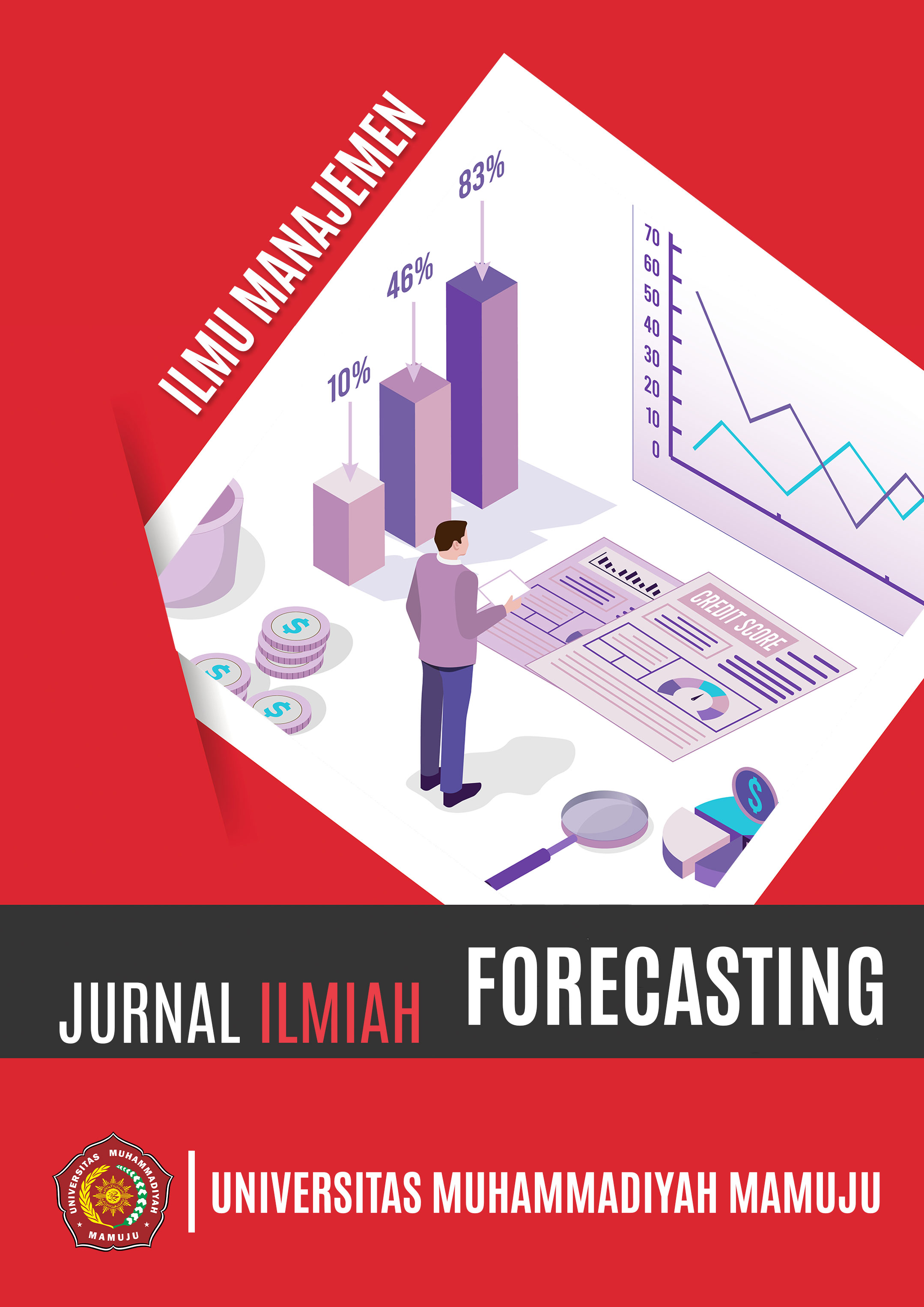The Effect of Work Discipline on Employee Performance in the Kalukku District Office
Keywords:
Disiplin Kerja, Kinerja PegawaiAbstract
Government agencies are organizations consisting of a collection of people specially selected to carry out state duties as a form of service to the community. The goals of government agencies can be achieved if they are able to manage, mobilize and utilize their human resources effectively and efficiently because human resources are the central figure who is the driving force for the management of policies and operational activities of an organization. The realization of organizational goals does not only depend on modern technology and complete facilities, but also depends more on employees as executors of these tasks. Employees are those who drive the system in a government organization. The purpose of this study was to determine the effect of work discipline on employee performance at the Kalukku District Office. The method used is a quantitative method with primary data collection through questionnaires. The sample used in this study was 70 employees. Data processing techniques by testing research instruments using validity test, reliability test, simple linear regression analysis and t (partial) test and correlation coefficient analysis (r). The results showed that work discipline has an effect on employee performance at the Kalukku District Office and work discipline has a very strong relationship with employee performance at the Kalukku District Office.
Keywords: Work Discipline, Employee Performance

Downloads
Published
Issue
Section
License
Forecasting: Jurnal Ilmiah Ilmu Manajemen

